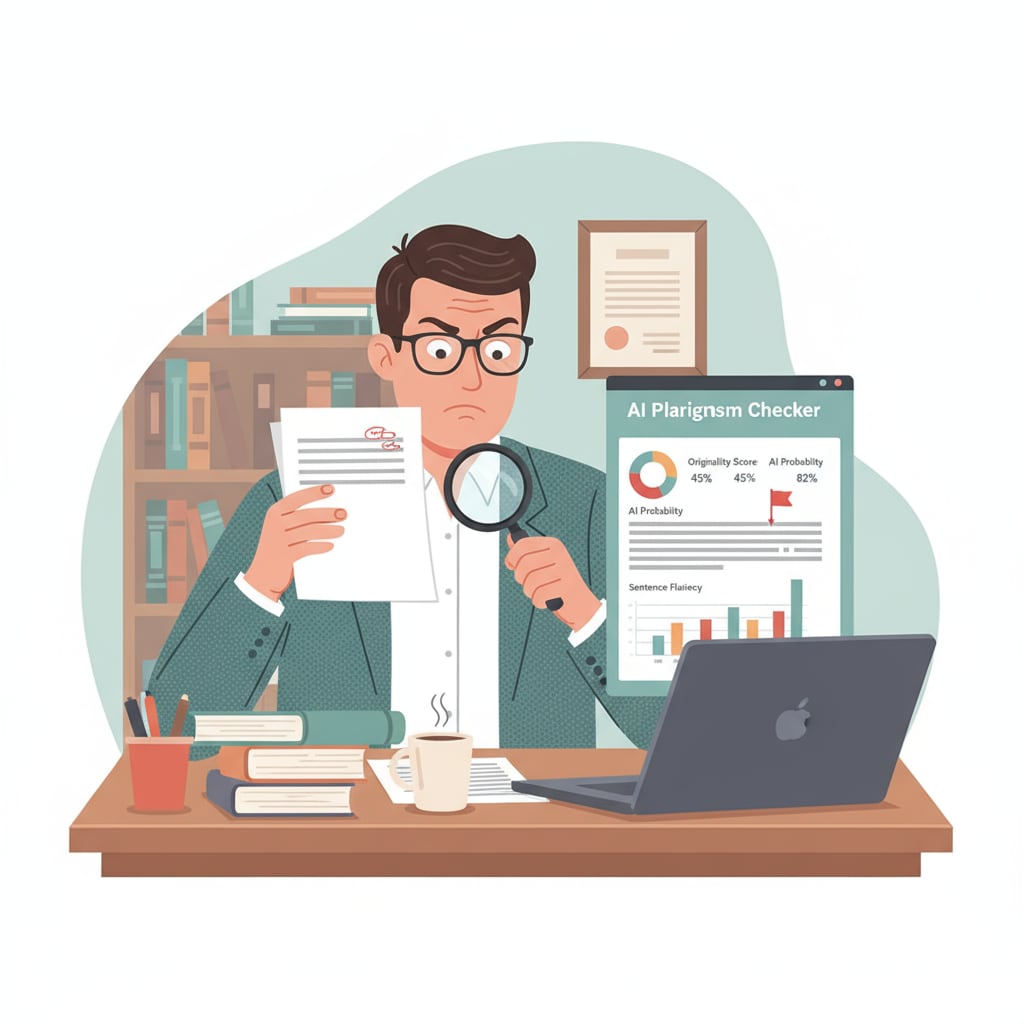In the modern educational landscape, the issues of university responsibilities, false accusations, and AI use have become increasingly prominent. As artificial intelligence continues to evolve and integrate into various aspects of our lives, its presence in education has raised numerous concerns, especially regarding how universities handle student AI use and the potential for false accusations.

For instance, many universities are grappling with setting clear guidelines on what constitutes appropriate and inappropriate AI use. A study by Inside Higher Ed shows that a significant number of institutions are still in the process of formulating comprehensive policies.
The Complexity of Defining AI Use in Universities
One of the primary challenges universities face is precisely defining what counts as improper AI use. With the wide range of AI tools available, from simple grammar checkers with AI capabilities to advanced writing assistants, it’s not always straightforward to determine when a student has crossed the line. For example, using an AI grammar checker to polish an assignment might be seen as a helpful tool in some cases, but if a student uses a more sophisticated AI to generate large parts of their work, it clearly violates academic integrity. However, the line between these two scenarios can be blurry. According to The Chronicle of Higher Education, many professors struggle to make these distinctions, leading to potential false accusations.

The Consequences of False Accusations
False accusations of AI use can have severe consequences for students. It can damage their academic reputation, potentially leading to negative impacts on their future educational and career prospects. In addition, it can cause significant emotional distress. Students who are wrongly accused may feel humiliated, frustrated, and lose trust in the university’s academic integrity system. For example, a student who is falsely accused of using AI to complete a project may see their grades suffer and may even face disciplinary actions that could have long-term implications. Universities need to be aware of these potential consequences and take steps to ensure that accusations are based on solid evidence.
To address these issues, universities have a crucial responsibility. They must establish clear, well-defined policies regarding AI use. These policies should be communicated effectively to students, faculty, and staff. Additionally, universities should invest in training for faculty to improve their ability to accurately detect AI use without making hasty accusations. By taking these steps, universities can create a more just and fair academic environment for all students.
Readability guidance: The article uses short paragraphs to convey ideas clearly. Lists could be added in future expansions to further organize information. The passive语态 is kept to a minimum, and transition words like “however,” “in addition,” and “for example” are used to enhance flow.


